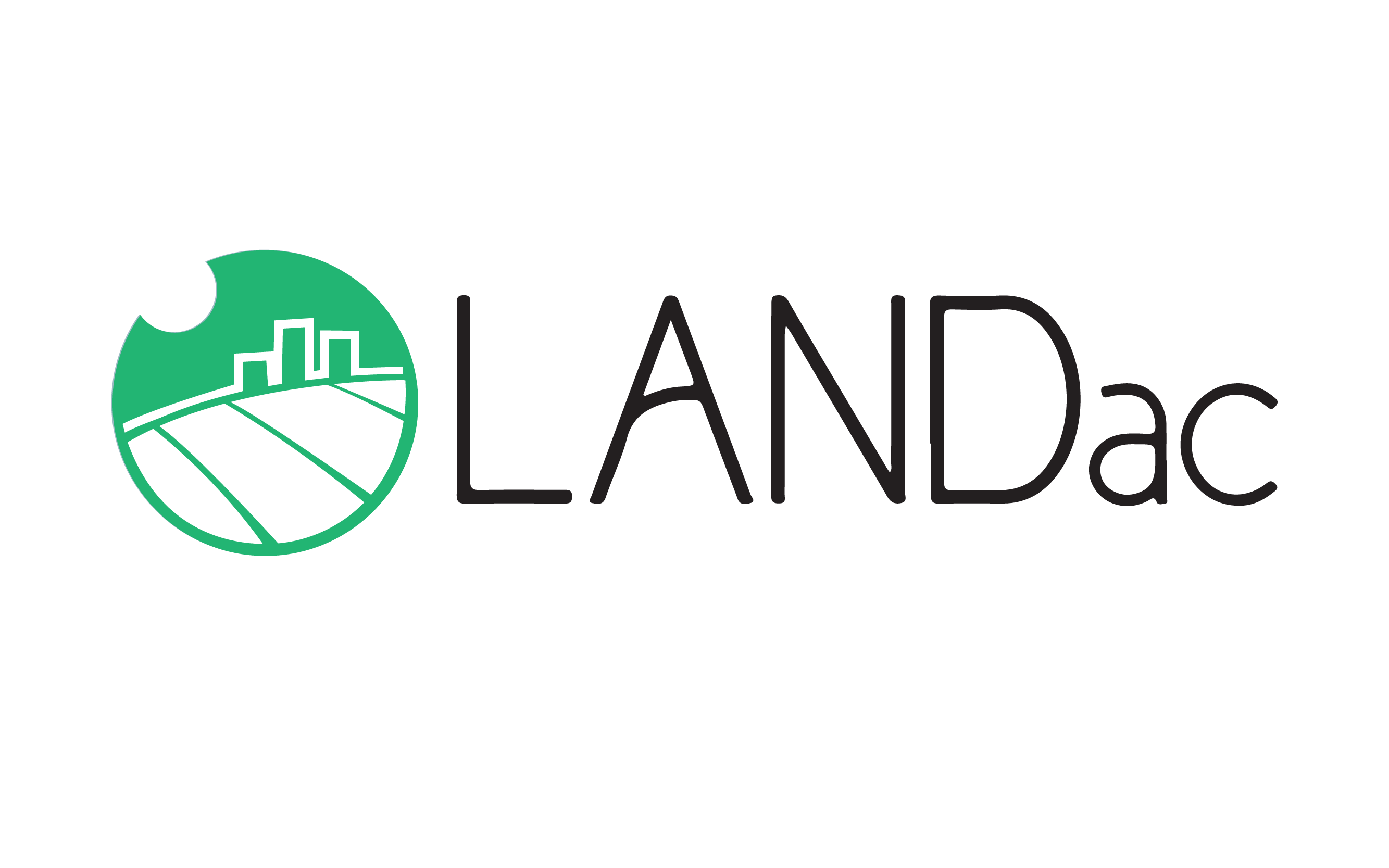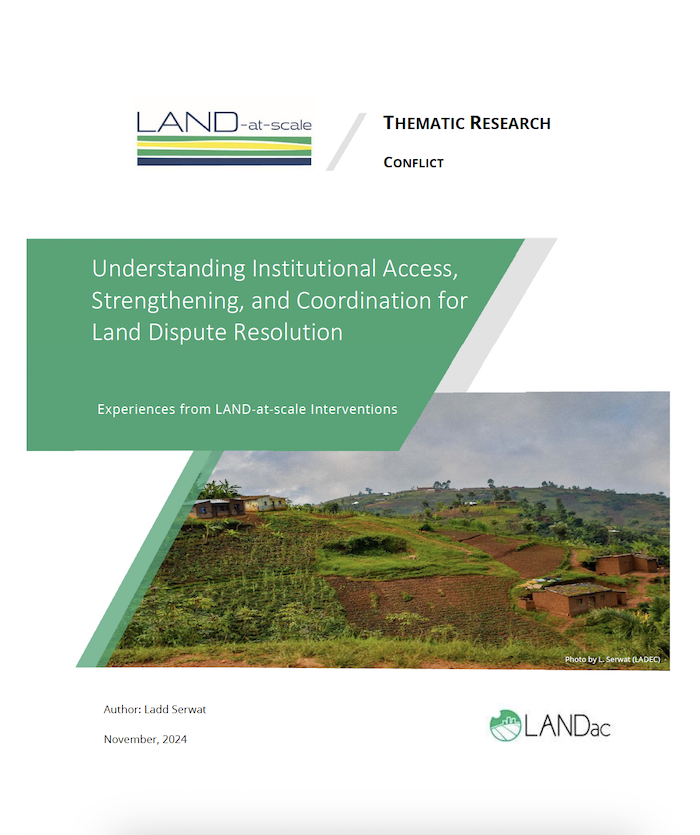Location
LANDac, the Netherlands Academie on Land Governance for Equitable and Sustainable Development, is a partnership between Dutch organizations working on land governance. The partners are the International Development Studies (IDS) group at Utrecht University (leading partner), African Studies Centre, Agriterra, the Sociology of Development and Change (SDC) group at Wageningen University, the Land Portal Foundation, HIVOS, the Royal Tropical Institute (KIT), the Netherlands Ministry of Foreign Affairs, and Enclude Solutions. LANDac is one of the IS-Academies, a series of programs sponsored by the Ministry of Foreign Affairs, to improve and strengthen linkages between academia and development practitioners in the field of international cooperation (IS Academies for International Cooperation)
LANDac aims at bringing together researchers, policy makers and development practitioners in the field of land governance and development. The LANDac network conducts research, brings together actors and distributes information, focusing on new pressures and competing claims on land and natural resources. LANDac studies the impact of large-scale land deals in agriculture for food production andf biofuels, urbanization, tourism; and the role of land laws, reforms, regulations, and voluntary guidelines and principles, in dealing with new pressures. LANDac has six PhD research projects and several related PhDs; moreover, 17 short-term research projects have been carried out in collaboration with Southern partners.
Mission
LANDac, the IS Academy on Land Governance for Equitable and Sustainable Development, aims at bringing together researchers, policy makers and practitioners in the field of land governance and development.
Land Governance for Equitable and Sustainable Development
LANDac is a partnership between several Dutch organisations and their Southern partners involved in development-related research, policy and practice. The partners share a concern for increasing land inequality and new land-related conflicts, and how land governance – rules and practices on access to land – can be used to promote equitable and sustainable development in the Global South.
LANDac is one of the IS Academies for International Cooperation sponsored by the Netherlands Ministry of Foreign Affairs.
Resources
Displaying 1 - 5 of 37Tenure Security for Sustainable Livelihoods
Land tenure security is a concept that informs land governance interventions. In short, the thinking is that tenure security will lead to positive economic, environmental and social impacts and hence to improved livelihoods for the land right holders. The evidence on the causality between strengthened tenure security and livelihoods is not conclusive. Findings are ambiguous regarding the effects on productivity, access to credit, land market functioning and climate resilience.
Sustaining tenure security for improved livelihoods
Land tenure security (LTS) is a concept that informs many programmes by international development agencies working on land governance. The thinking behind these programmes, in short, is that land right holders are insecure in their land tenure, which prevents them from using their land sustainably and efficiently. Increasing their tenure security will allow for e.g. a reduction in conflicts over land, higher investment into the productive use of their land, and the implementation of more sustainable land-use practices.
Understanding Institutional Access, Strengthening, and Coordination for Land Dispute Resolution
Considering the challenges of conflict management, mediation, and dispute resolution in numerous countries, several LAND-at-scale (LAS) interventions aim to strengthen and improve access to institutions of dispute resolution. Recent LAS interventions build on previous efforts since 2002 by the Netherlands Ministry of Foreign Affairs to strengthen land tenure security, increasingly recognising durable and equitable solutions, especially for marginalised people.
Saameynta Longitudinal Research
The longitudinal study aims to delve into the link between displacement patterns and land governance in Somalia, as well as the impact of the solutions that are currently being used to address displacement in the context of the UN-led Saameynta program.
Amahoro@Scale longitudinal study
The context of Nyanza-Lac is both complex and interesting for researching land issues. It has a very high population density (more than 50% of the whole population of Makamba Province lives in Nyanza-Lac) and attracts flows of intra- and interregional migrants in search of fertile land and income-generating opportunities in the area.







